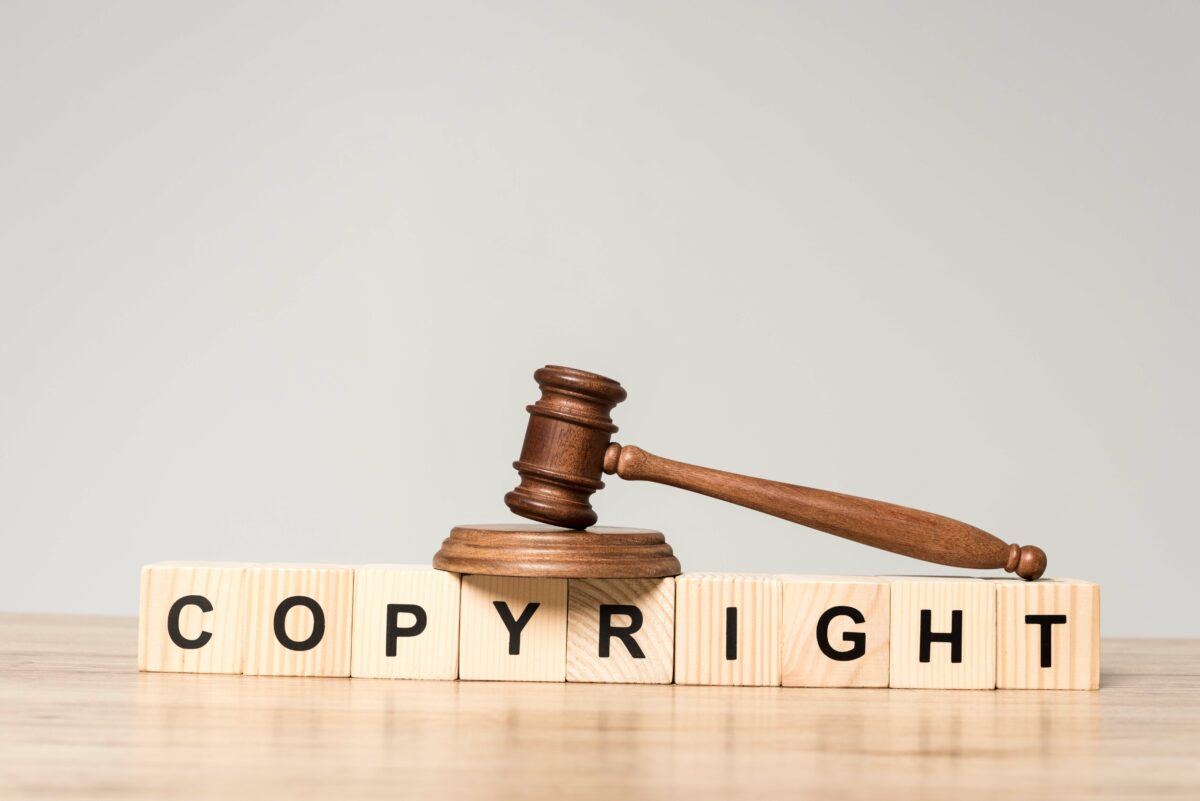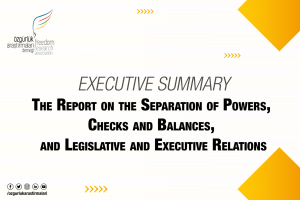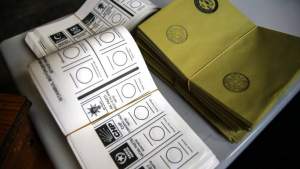In recent years, the European Union has made significant strides in regulating digital content. Laws like the Audiovisual Media Services Directive (AVMSD), the Digital Services Act (DSA), and Germany’s NetzDG (Network Enforcement Act) aimed to increase the accountability of online platforms, protect users from harmful content, and promote transparency. These regulations were designed to safeguard user rights while ensuring content providers could be held responsible for what they hosted. But like any well-intentioned legislation, these rules also sparked unique challenges across Europe. Yet the most dramatic consequences didn’t emerge in Europe itself, but rather in how these frameworks were adopted—and distorted—by countries like Turkey.
European Content Regulation: Intentions vs. Outcomes
The AVMSD and DSA were built on goals such as protecting minors, curbing disinformation, and limiting hate speech. AVMSD, for instance, imposed a 30% quota for European content on streaming platforms, introduced age restrictions, and placed limits on hate speech. Germany’s NetzDG law required social media platforms to remove illegal content within 24 hours of notification.
However, these efforts weren’t free of criticism even within the EU. Differences in interpretation among member states, platforms’ resistance to algorithmic transparency, and concerns about potential infringements on free speech all raised red flags. In Germany, NetzDG’s strict timelines and penalties led platforms like YouTube and Facebook to over-filter content, erring on the side of caution and triggering concerns over overreach and self-censorship.
Turkey’s Version: From Transparency to Control
While the EU grappled with the delicate balance between regulation and freedom, Turkey imported these frameworks not as tools of transparency and accountability, but as instruments of surveillance and control. In 2020, amendments to Turkey’s Internet Law No. 5651 introduced mandatory local representatives for social media companies, steep fines, and takedown obligations. These powers were further expanded in 2022 with the so-called “Disinformation Law,” which made it easier to penalize even news content under the pretext of fighting fake news.
Whereas European laws encouraged transparency, Turkey used similar models to deepen control. Independent oversight is virtually nonexistent; regulatory bodies like Radio and Television Supreme Council (RTÜK) operate under strong political influence, and their decisions often reflect partisan loyalty. Content removal requests are frequently enforced without judicial review, and access bans can be implemented within hours by authorities like Information Technologies and Communications Institution (BTK) or local courts.
Imported Laws, Amplified Problems
While Europe continues to struggle to find a balance between free expression and harmful content, Turkey has decisively tipped the scale against freedom of speech. EU regulations push platforms toward transparency and user accountability; Turkey’s approach emphasizes rapid takedowns, punitive measures, and silencing dissent.
Instead of addressing illegal content, Turkey’s adaptation has created a legal shield against political criticism. Even as European users saw limited impact from laws like NetzDG—where Twitter posts often remained untouched—Turkey has censored hundreds of thousands of posts under similar legal frameworks. European regulators, despite their advanced technical capacity, find these laws difficult to enforce fairly. In contrast, Turkey has handed over the same complex regulatory apparatus to politicized institutions with little concern for rights-based enforcement.
Conclusion: Copied Laws, Inverted Outcomes
Content regulations in Europe were shaped amid deep debates on free speech and democratic values. In Turkey, those same regulations have morphed into tools of political control. Even when introduced with good intentions, such laws quickly become weaponized in a landscape lacking independent oversight and dominated by polarization.
If Turkey truly hopes to benefit from European models, it must go beyond copying the legal text. What needs to be replicated is the democratic culture, institutional balance, and commitment to rights that give those laws their legitimacy. Without that foundation, imported laws don’t bring progress—they just deepen repression.
* Orçun Koçak





